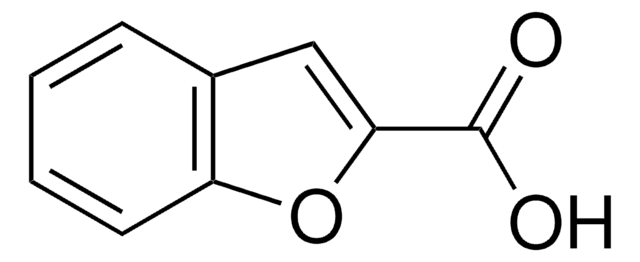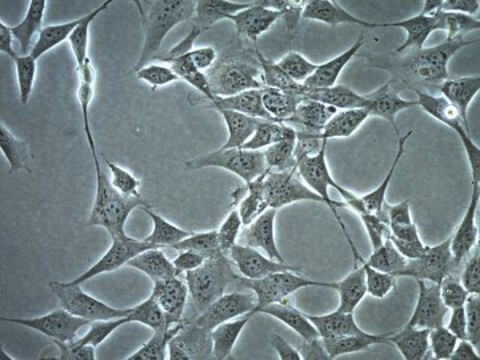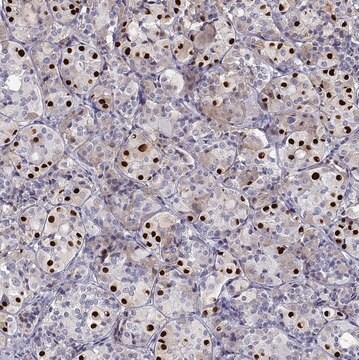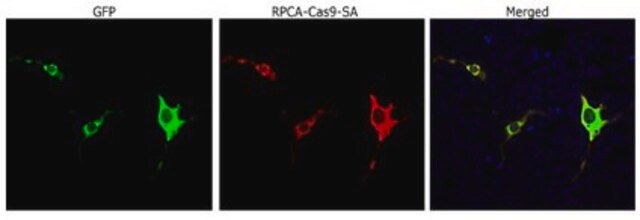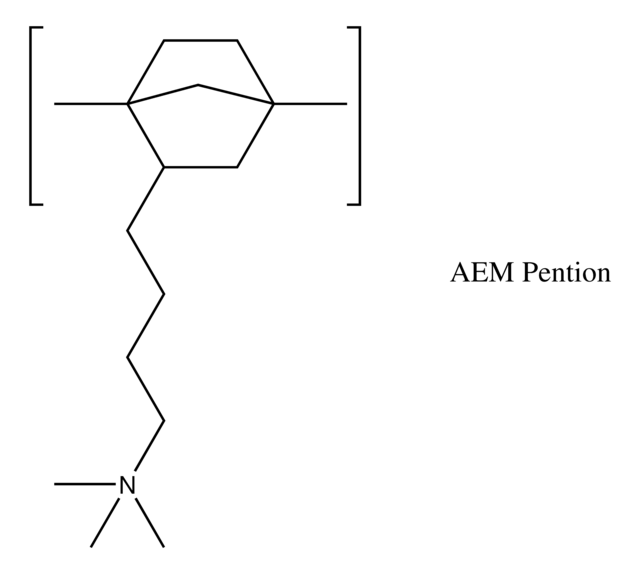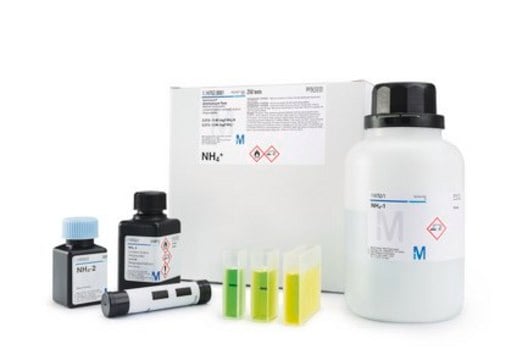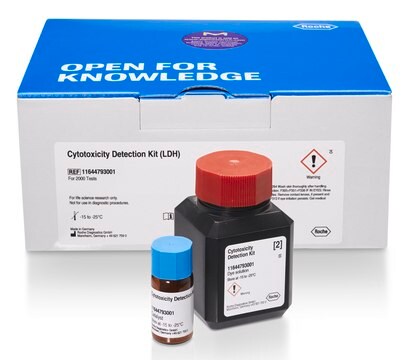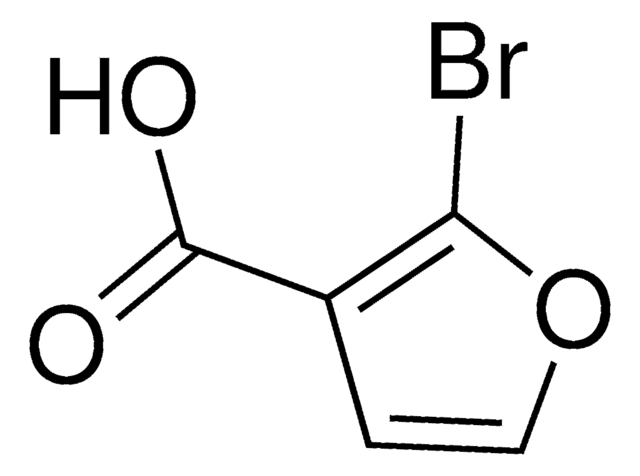AMAB91409
Monoclonal Anti-TBX19 antibody produced in mouse
Prestige Antibodies® Powered by Atlas Antibodies, clone CL6251, purified immunoglobulin, buffered aqueous glycerol solution
Synonym(s):
TPIT, dj747L4.1
About This Item
Recommended Products
conjugate
unconjugated
Quality Level
antibody form
purified immunoglobulin
antibody product type
primary antibodies
clone
CL6251, monoclonal
product line
Prestige Antibodies® Powered by Atlas Antibodies
form
buffered aqueous glycerol solution
species reactivity
human
technique(s)
immunohistochemistry: 1:1000-1:2500
isotype
IgG1
Ensembl | human accession no.
UniProt accession no.
shipped in
wet ice
storage temp.
−20°C
target post-translational modification
unmodified
Gene Information
human ... TBX19(9095)
Immunogen
Sequence
EVHASTPGAFLLGNPAVTSPPSVLSTQAPTSAGVEVLGEPSLTSIAVSTWTAVASHPFAGWGGPGAGGHHSPSSLDG
Epitope
Binds to an epitope located within the peptide sequence VLGEPSLTSIAVSTW as determined by overlapping synthetic peptides.
Application
Features and Benefits
Every Prestige Antibody is tested in the following ways:
- IHC tissue array of 44 normal human tissues and 20 of the most common cancer type tissues.
- Protein array of 364 human recombinant protein fragments.
Linkage
Physical form
Legal Information
Not finding the right product?
Try our Product Selector Tool.
Storage Class Code
10 - Combustible liquids
WGK
WGK 1
Certificates of Analysis (COA)
Search for Certificates of Analysis (COA) by entering the products Lot/Batch Number. Lot and Batch Numbers can be found on a product’s label following the words ‘Lot’ or ‘Batch’.
Already Own This Product?
Find documentation for the products that you have recently purchased in the Document Library.
Our team of scientists has experience in all areas of research including Life Science, Material Science, Chemical Synthesis, Chromatography, Analytical and many others.
Contact Technical Service